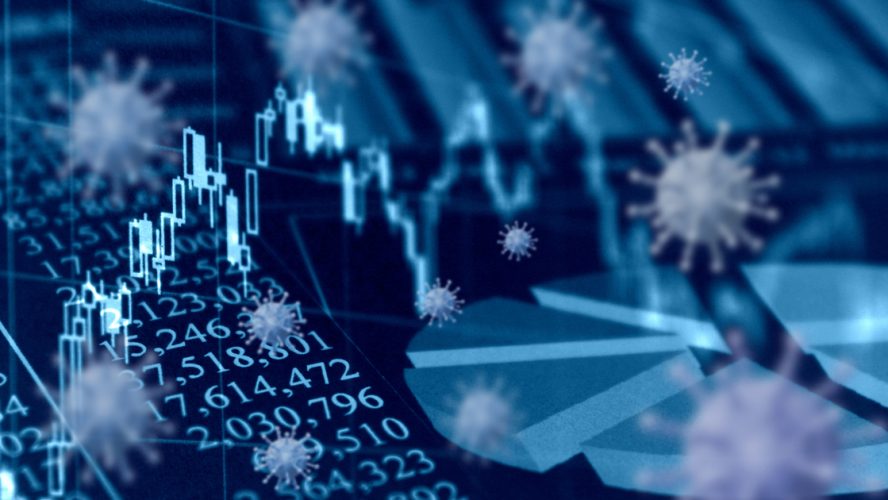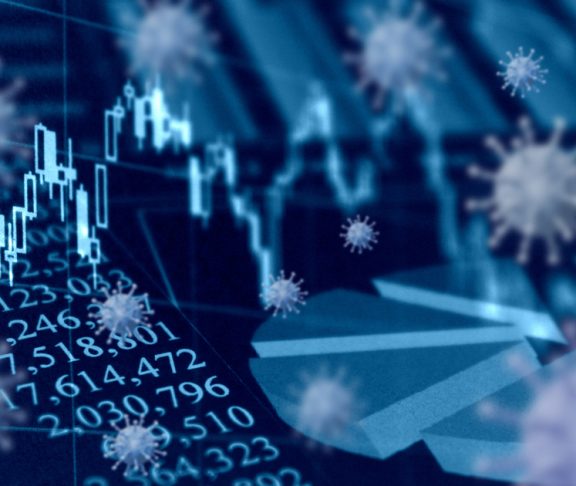
Sarah Wilkinson
Chief Executive, NHS Digital
Clinical data is acutely private and confidential, and patients rightly demand that it is handled with great care.
Due to the complexity of diseases and variation in outcomes, each patient’s data is also extraordinarily valuable in gaining insights into the treatment of others. Medical research, as well as the work of optimising the planning and delivery of clinical services, depends on analysing rich, detailed data sets to identify variations and patterns in illness and treatment outcomes.
Increased interest in patient data
During the pandemic there has been a significant increase in the number of parties seeking quick access to patient data, from the NHS, academia, and the private sector. NHS Digital usually receives around 60 applications per month, but in April this jumped to nearly 200.
When addressing a public health emergency, assessments as to the appropriateness, necessity, and proportionality of proposed new uses of data must be made quickly, but with no reduction in rigour. In all circumstances, patients must be able to trust the way in which data usage decision are made, and the parties who make those decisions. Trust is tested more acutely when judgements are more complex.
The risks of inadvertently allowing misuse of clinical data are quite different to other technical risks we manage in crisis situations. Going live with a poorly designed or implemented digital service might result in frustrated users, occasional service failures, or fraught operations activities. All these situations are ultimately recoverable. Confidential data, once shared, usually can’t be easily retracted. Insights deduced from that data about individuals or communities can’t be ‘unlearned’.
Ensuring data is shared efficiently and safely
During this pandemic NHS Digital has, again and again, achieved the nirvana of data disseminations, which are both fast and safe.
This acceleration has been facilitated by two key changes, in addition to the blood, sweat and tears of dedicated information governance staff across the health and care system. Firstly, the legislative frameworks that govern the processing of confidential patient information frameworks are more permissive when we are dealing with communicable diseases and other threats to public health. Second, there has been no tolerance for inefficient administrative processes and all parties have worked intensely hard to increase performance.
During this pandemic NHS Digital has, again and again, achieved the nirvana of data disseminations, which are both fast and safe.
Data consumers have also upped their game: The urgency of the situation has encouraged much clearer articulation of need, of intended usage and of provisions for secure data management. Conversations between parties about data dissemination and usage are more precise, more rigorous, and more efficient than ever before.
NHS data is internationally unique
The impact of flowing health data faster for appropriate uses can be extraordinary. NHS data is internationally unique in its breadth and depth and, used responsibly, it can save lives. Extraordinary research breakthroughs have been possible thanks to NHS data, such as the identification of the impact of dexamethasone in COVID-19 treatment. This was a finding of the RECOVERY Trial, led by Oxford University, supported by NHS Digital, and ultimately enabled by patients, families, clinicians and researchers across the country.
Supporting the planning and delivery of efficient health and care services through rich, high-quality, timely data insights is equally critical, particularly when the system is under great pressure.
As we look back on the last six months, there is much to learn. We need clearer legislation and more efficient processes to enable appropriate data usage within the health and care system and for medical research.
Data that has the power to save lives must be put to greater use, with absolute diligence in the management of its use. Efficient and rigorous information governance, combined with transparency, earns us the trust of our citizens so that we can serve them better.

